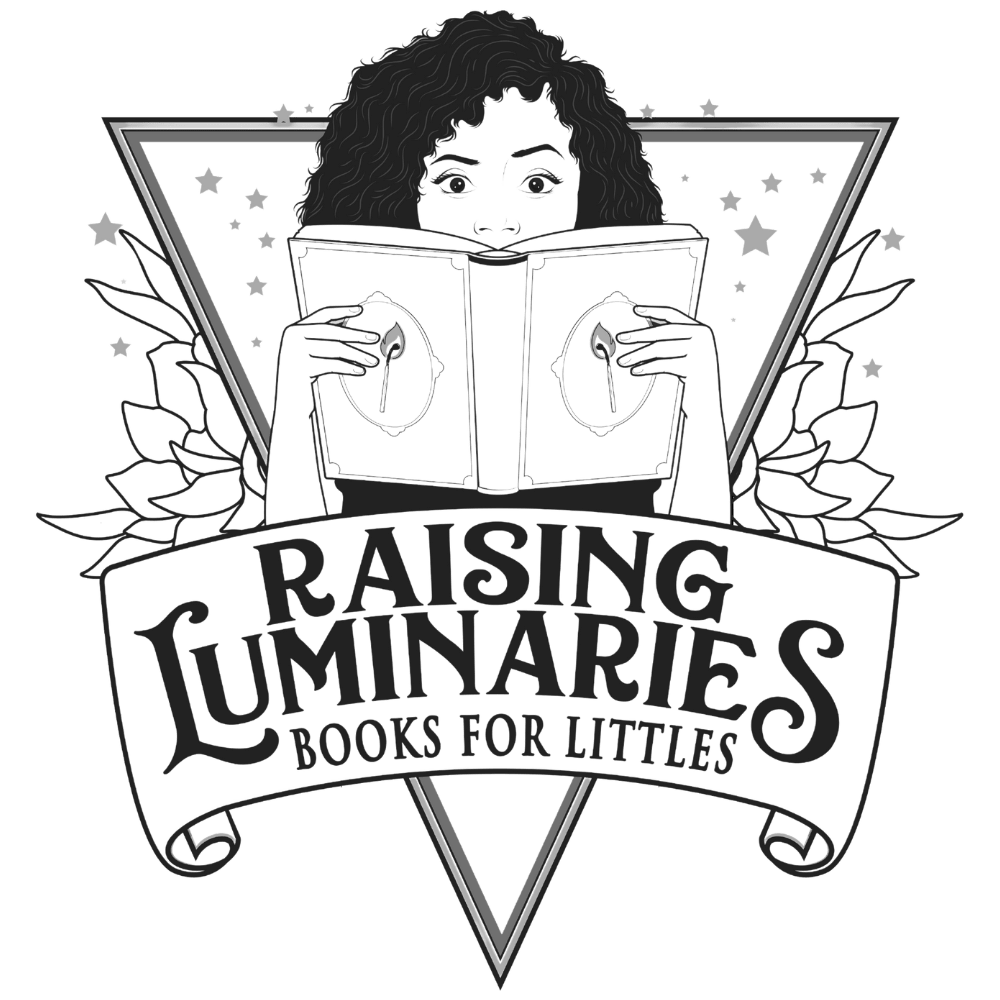“I love these suggests and will definitely start incorporating these into our daily reading. Just a note… many people prefer person first language as they don’t like to be defined by their disabilities. It’s kind of a political thing, but your content is so good, I thought you might want to know. For example, ‘people with disabilities’ instead of ‘disabled people.’ Thank you for putting this information out there!
Commenter Dana, Abled Authority on how disabled people should refer to ourselves
—
This isn’t a question so much as a condescending lack of awareness and on the complexity of human identity, but I get variations on this arrogance frequently enough that it belongs in the FAQ.
TL;DR: Stop assuming: A. We’re a monolith, B. That you can speak for all disabled people, C. That I’m not disabled cause I can cobble together a book review. D. That you should be telling people how to identify themselves. E. That I suffer from being disabled, although I do suffering your ableist nonsense.
—
Hi Dana!
Thanks for bringing this up – I’m sure other new readers noticed my choice of identity-first language and it gives me an opportunity to clarify why.
If you have a disability, you may have great reasons to choose to identify person-first, and I would respect that. From what I’ve heard, many members of the Down Syndrome community prefer person-first language, and I use that language for them to uplift that choice. From members of the Blind & Deaf communities, I hear the opposite. Individuals are free to correct me and ask that I refer to them differently, and I would defer to that because I am not blind, nor deaf.
But I AM autistic, and suggesting that it’s a separate part of me, like ‘having’ cancer, is language formed by a system that denigrates disabled people.
Other than that – almost all the members of the disability community whom I have spoken with, (as well as several polls you can find run by organizations that follow a #NothingAboutUsWithoutUs principle of leadership) prefer identity-first language.
It’s ALWAYS non-disabled people (particularly non-disabled parents of disabled children who co-opt disabled identities and ironically use terms like ‘Autism Mom’), educators, and ‘disability experts’ who push back on my choice to identify alongside my disability without shame.
I do not ‘have Chinese heritage’ – I am Chinese. I do not ‘have womanhood,’ – I am a woman. I do not ‘have right-handedness,’ etc.
And you may notice, at this point, that all of these are things that are something we are allowed to live with, without shame. Yet for disability, particularly disability that is formed by the context of our environment, we continue on with this ableist language.
These are all things that are an integral part of who I am – identities that determine how I have grown up, formed opinions, and navigated the world.
I AM autistic. I AM disabled. I will not separate that from who I am because it’s not a disease that I need to separate from my identity, and it’s nothing to be ashamed of.



